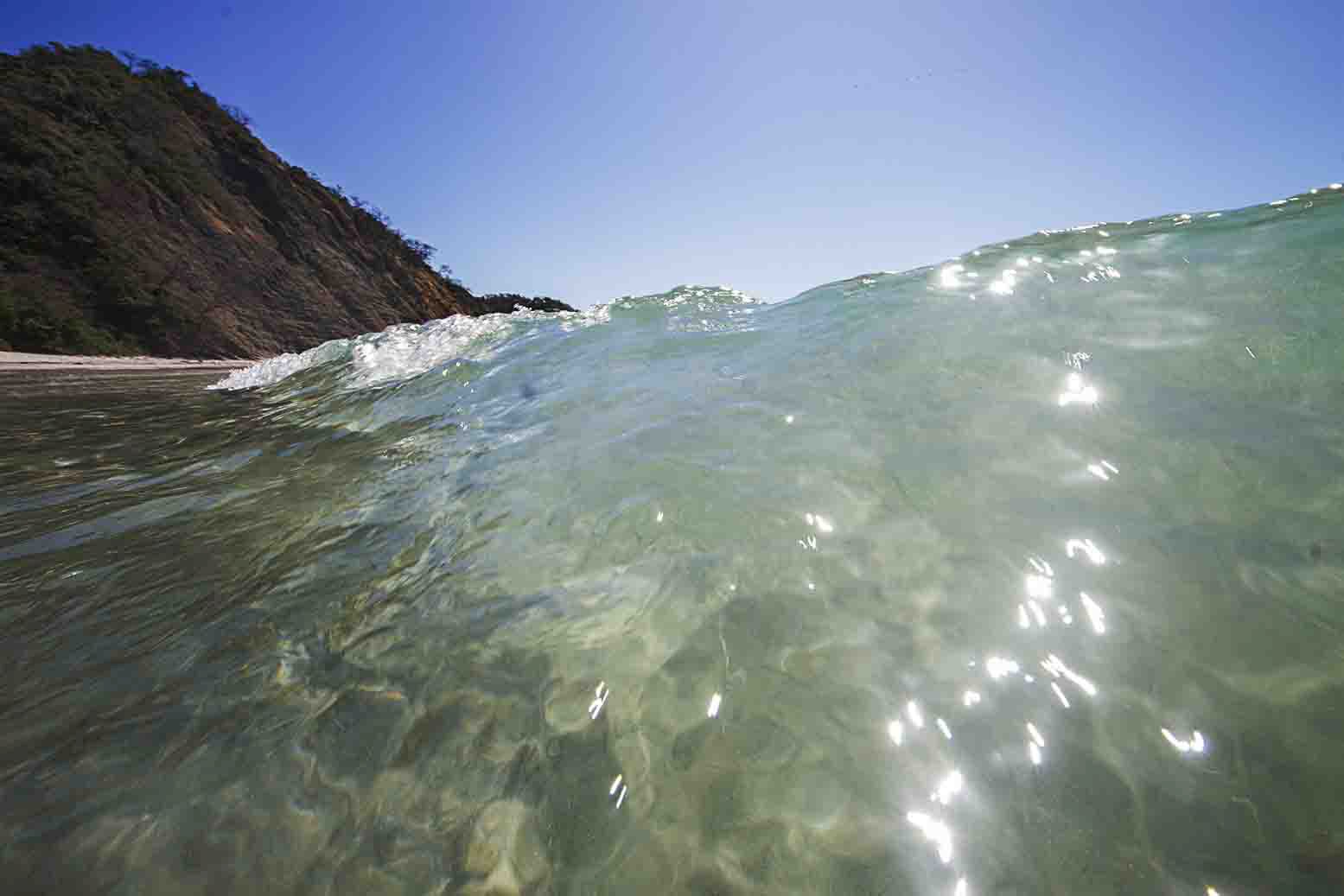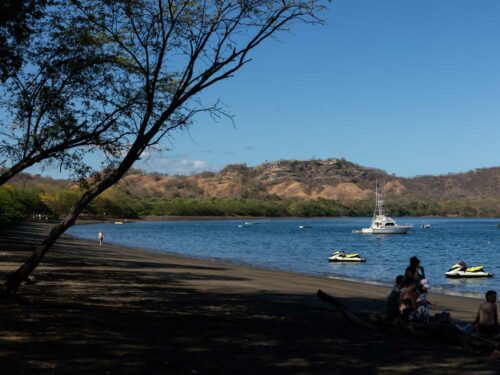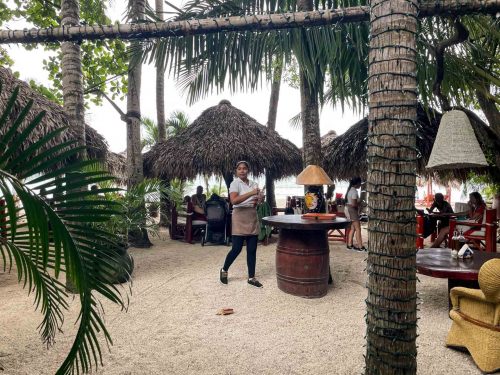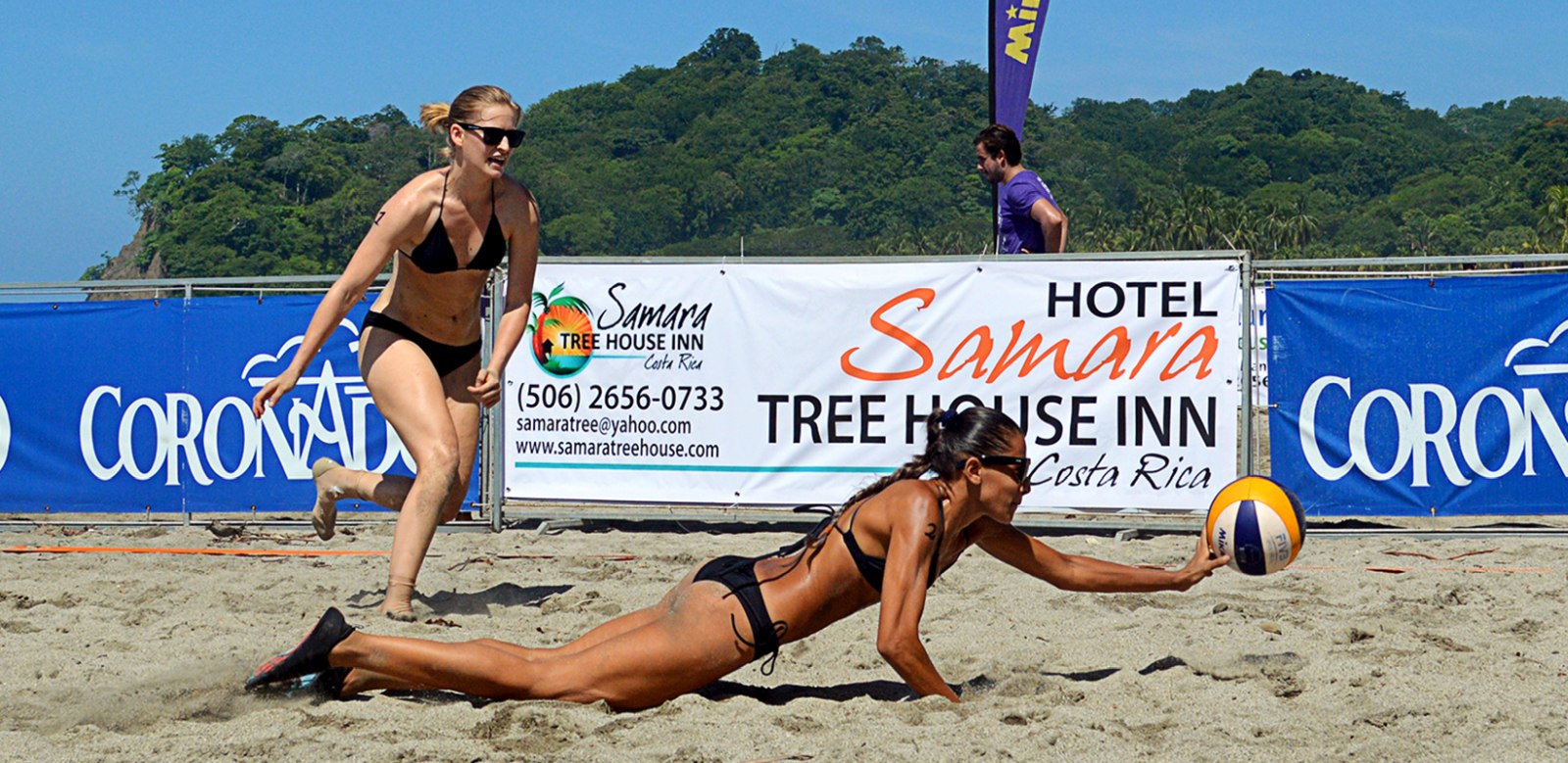
During the afternoon of Wednesday, March 11th, a 56-year-old Canadian citizen drowned at Barrigona Beach.
Cody Nikolaychuk, a friend of the Canadian who witnessed what happened, explained that the deceased (whose name will not be printed out of respect for the family) had a lot of experience in the water and was in excellent physical condition, but that was not enough to save him from the current that trapped him.
“That was when he said he would go in and see how bad the currents were to see if it would be safe. He got waist deep in the water and it immediately pulled him in. He was aware of how to swim in a current and to not fight against it. The waves began to grow as the tide was coming in and he just couldn’t stay up and get past the break,” said Nikolaychuk.
“Two surfers who were also tourists put themselves at great risk and went out and tried to get to him but simply couldn’t get close enough and due to it being too dangerous had to return to the beach,” added Nikolaychuk.
Desperate, they contacted the Public Force, who came to the beach but after taking down the victim’s information, the police explained that they don’t have aquatic vehicles to carry out rescues at sea. Nikolaychuk, who knows the local fishermen, called Captain Eduardo Carrillo from Garza Beach, who came to help immediately.
Nikolaychuk also called the gyrocopter pilots from Flying Crocodile to locate his friend from the air.
Finally, just before it got dark, they found the victim’s body but it was too late to save him.
“Thanks to the fast work of the pilot and Captain Eduardo, we were able to locate his body and bring him back in at Garza,” Nikolaychuk said.
The Canadian had been visiting the country for seven years and had a condo in town to enjoy vacations with his three children.
Protocol Does Not Help Respond Effectively
When consulted about the accident, the head of the Samara Public Force station, Jorge Jimenez, explained that they do not receive any training for water rescues or for exactly how to react in these types of accidents. Instead, protocol indicates that they should call the Red Cross and have them coordinate the rescue.
“It has always been the Red Cross who responds in these situations,” Jimenez said. “We just verify what is happening with the Red Cross and they coordinate with the Nicoya base.”
However, Jimenez stated that the situation is complicated because the Red Cross in Nicoya, which is 45 minutes away from Samara, does not have the necessary tools for aquatic rescues or searches in the area, and that it would be ideal to have a permanent post located in Samara Beach with lifeguards.
“A Red Cross post with lifeguards here would be best. They only come during Easter Week and once the week is over, they leave. It would be very good to have a Red Cross post like there is in Nosara,” Jimenez said.
Freddy Roman, head of communications for the Red Cross, said there is no official request from Samara to have a branch there, although the now-dissolved Samara Chamber of Tourism did approach them about it in the past.
“Setting up a new branch is not an easy decision,” Roman said, since the Red Cross needs the community to help finance operations and they need people from the community to become volunteers such as rescue workers and ambulance drivers.
An alternative suggested by Roman is training locals to be open-water rescuers.







Comments